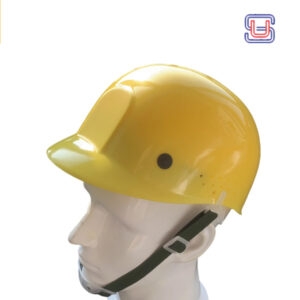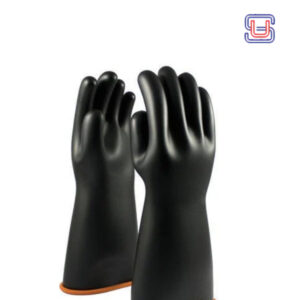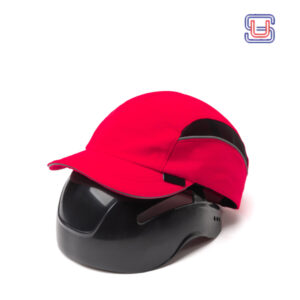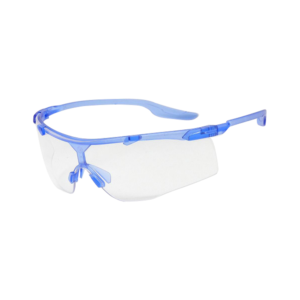KARAM is a prominent global manufacturer and supplier of comprehensive safety solutions, specializing in a wide range of personal protective equipment (PPE) and safety products. Established with a commitment to enhancing workplace safety, KARAM has earned a reputation for innovation, reliability, and quality across industries worldwide. KARAM's reputation as a global leader in safety products is underscored by its extensive range of high-quality personal protective equipment (PPE) and safety solutions. In the UAE, where industrial activities span construction, manufacturing, oil and gas, and hospitality sectors, KARAM plays a crucial role in safeguarding workers against occupational hazards. Their products, ranging from helmets and harnesses to fall protection systems and specialized equipment for confined spaces, are tailored to meet the unique safety challenges prevalent in the UAE's diverse industries.The UAE places a strong emphasis on workplace safety and adheres to rigorous safety regulations and standards. KARAM's commitment to innovation and compliance ensures that their safety solutions not only meet but exceed these standards. By offering products that are tested and certified to international safety norms, KARAM contributes significantly to elevating workplace safety standards across the UAE. Their focus on quality and reliability helps businesses in the UAE mitigate risks, reduce accidents, and create safer working environments for their employees.KARAM's products are specifically designed to address the safety needs of key industries in the UAE. In construction and infrastructure development, for instance, their robust harnesses, helmets, and fall protection systems are essential for workers engaged in high-risk tasks at elevated heights. In the oil and gas sector, where safety is paramount due to the nature of operations, KARAM provides specialized PPE and equipment designed to withstand harsh environments and protect against potential hazards such as falls, impacts, and chemical exposure.
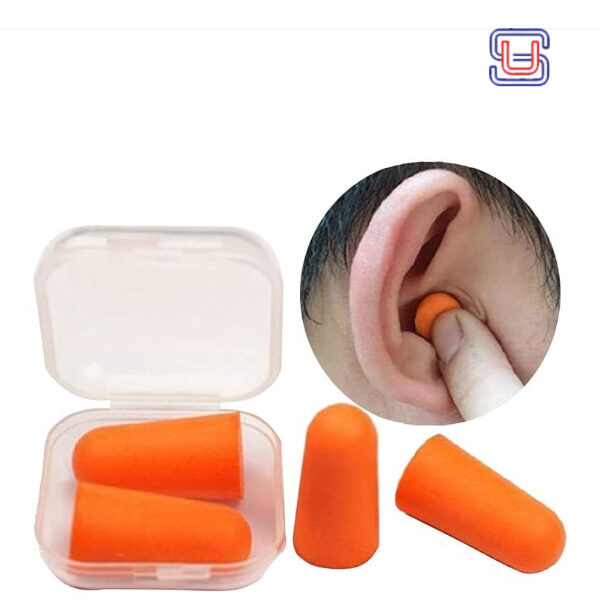
Product Range and Diversity: KARAM’s product portfolio spans across various categories designed to meet diverse safety needs. They offer an extensive array of PPE, including head protection such as helmets and hard hats that are engineered for durability and comfort. Their helmets feature high-density polyethylene constructions with advanced suspension systems, ensuring both impact resistance and ergonomic wearability. Eye protection options include safety goggles and spectacles equipped with anti-fog coatings and scratch-resistant lenses, catering to optimal visibility in challenging work environments. Additionally, their hearing protection products, comprising earplugs and earmuffs, boast high noise reduction ratings (NRR) alongside adjustable features for personalized fit and prolonged comfort.
Fall Protection Expertise: In the realm of fall protection, KARAM excels with a comprehensive line of harnesses, lanyards, lifelines, and retractable fall arresters. Their full-body harnesses are crafted from robust webbing materials, incorporating multiple D-ring attachment points for versatile anchorage options. Engineered with user safety in mind, these harnesses feature adjustable chest, shoulder, and leg straps to ensure a secure fit during elevated work tasks. KARAM’s fall protection equipment also includes shock-absorbing lanyards and durable lifelines equipped with reliable braking mechanisms, facilitating swift and secure fall arrest responses.
Specialized Equipment for Confined Spaces: For confined space operations, KARAM offers essential equipment such as tripods, winches, and gas detection devices. Their tripods are designed to provide stability and support for safe entry and exit from confined spaces, complemented by robust winches that facilitate controlled lifting and lowering operations. Furthermore, their gas detectors enable real-time monitoring of hazardous gas levels, enhancing safety protocols by providing timely alerts and ensuring swift responses to potential risks.
Commitment to Quality and Compliance: KARAM places a strong emphasis on quality assurance and compliance with international safety standards. Their products are meticulously tested and certified to meet stringent regulatory requirements, underscoring their commitment to maintaining the highest standards of safety and reliability. This dedication extends to their workwear and protective clothing offerings, including high-visibility garments and flame-resistant apparel tailored to provide superior comfort, durability, and protection in hazardous environments.
Innovative Solutions and Customer Support: With a focus on innovation, KARAM continuously develops cutting-edge safety solutions that address evolving industry challenges and technological advancements. They prioritize customer satisfaction through comprehensive support services, including product training, technical assistance, and customized safety consultations. This proactive approach ensures that clients receive tailored solutions that optimize workplace safety and operational efficiency.
In essence, KARAM stands at the forefront of the safety industry, renowned for its extensive product range, commitment to quality, and dedication to enhancing workplace safety worldwide. By providing innovative, reliable, and compliant safety solutions, KARAM continues to empower industries to safeguard their workforce and achieve operational excellence in challenging work environments.

